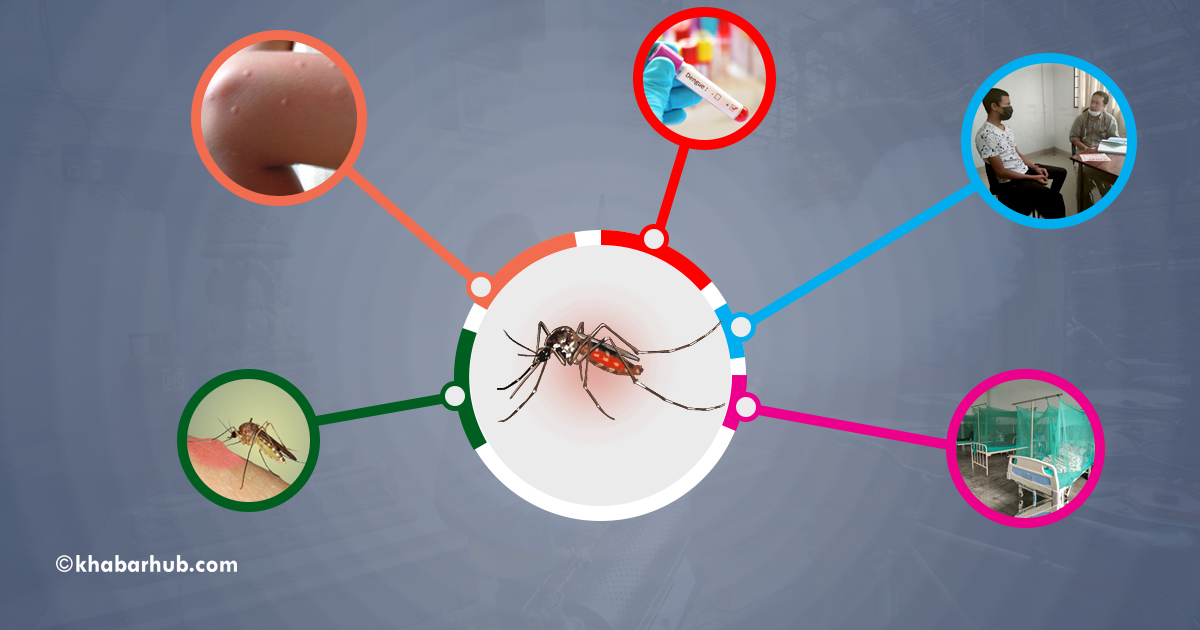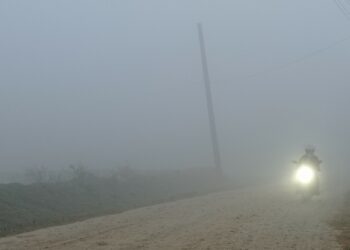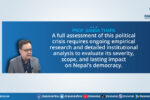KATHMANDU: Dengue epidemic has gripped the Himalayan nation, leaving six people killed and over 5,096 people infected.
The mosquito-borne dengue case, which was first reported in Dharan of Sunsari district in May, has already spread in 56 districts so far.
However, this is not the first time the dengue is spreading in Nepal. According to the Epidemiology and Disease Control Division (EDCD), a total of 302 people had been infected in 2070/71 BS while 134 dengue patients had been reported in 2071/72 BS.
Similarly, the dengue virus affected 1, 527 people in 2072/73 BS, 2, 211 in 2073/74 and 811 in 2074/75 BS, according to the records maintained by the EDCD. The number of dengue virus massively went up in the fiscal year 2075/76 BS with 3,424 people infected. The number of dengue patients jumped to 5,096 in the current fiscal year.
Dengue virus is spread through the bite of female mosquitoes called ‘Aedes Aegypti,’ which, now, has gone out of control in the country.
Earlier, the EDCD under the Ministry of Health and Population used to mobilize a rapid response team by mobilizing local health offices to control the epidemic.
“Dengue is spread through the bite of female mosquitoes. The government has to launch a search and destroy campaign in the dengue-affected areas to control the mosquito-borne epidemic,” said Senchuri.
The Department is shying away from its responsibility just because it lacks the budget and that the local units are supposed to look after the issue, said Dr Bibek Lal Karna, chief of the EDCD.
Minister for Health and Population Upendra Yadav has publicly stated that the ministry alone cannot control the epidemic.
Dengue is not incurable disease: Doctors
Dengue is not something that is beyond control or cure. The mosquito-borne virus has reached epidemic proportions due to the government’s negligence, said doctors. It would not have spread so rapidly if the measures had been taken as soon as it broke out in Dharan of Sunsari district.
Kedar Senchuri, former director of the EDCD, said the then government had taken precautions and planned accordingly to control the epidemic by the timely deployment of health workers during my tenure.
“Dengue is spread through the bite of female mosquitoes. The government has to launch a search and destroy campaign in the dengue-affected areas to control the mosquito-borne epidemic,” said Senchuri.
Dr. Bhim Acharya, former general director of the EDCD lashed out at the government for its failure to control the pandemic. He further said that the government should have planned to timely reduce the number of virus-carrying mosquitoes by nipping it in the bud.
Dr Senchuri added that the government cannot shy away from its responsibilities at a time when the dengue has spread at an alarming rate. “It has already become a national problem. The EDCD must be responsible for it.
Mosquitoes lay eggs till the second week of October. Therefore the risk of dengue will remain until the second week of November. The larva of mosquitoes should be searched and destroyed to stop it from spreading further. The method of spraying insecticide or using mosquito-repellent such as smoke cannot be effective to control it, said Dr Acharya.









Comment